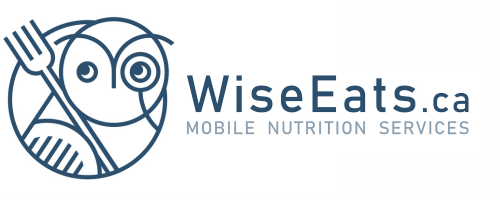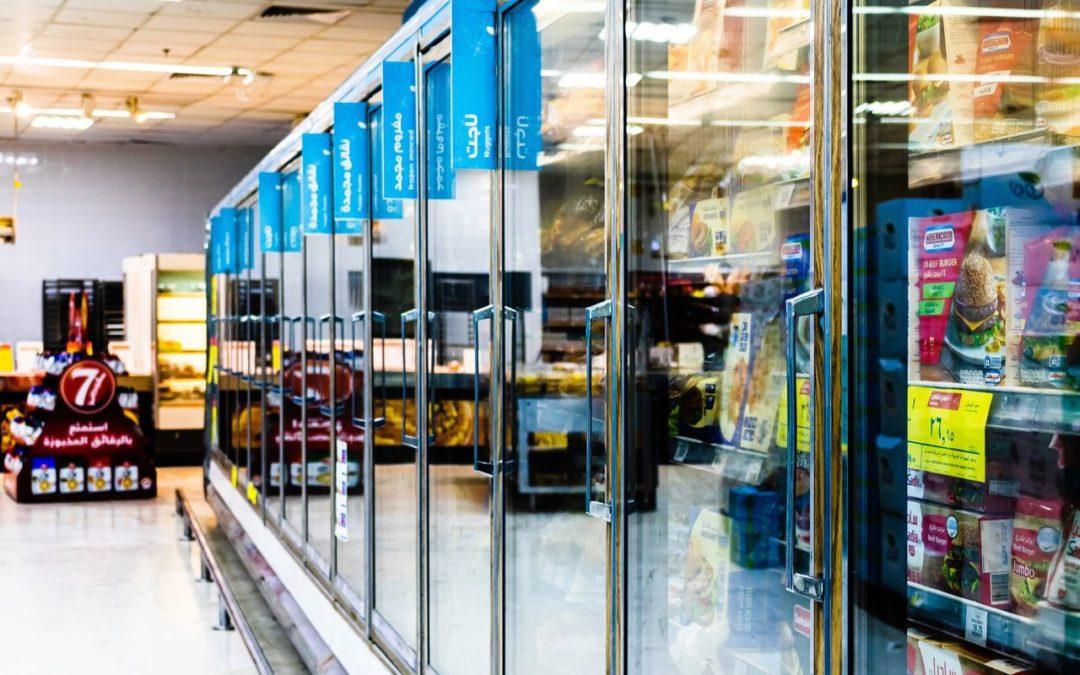Frozen meals are often dubbed as “unhealthy”, ultra-processed foods that you should avoid in a healthy diet. But in some ways, frozen foods do play a role in supporting a healthy diet.
Many frozen meals contain high amounts of nutrients that we typically want to limit in a healthy diet including,
-
- Sodium
- Potassium
- Saturated fat
- Additives
- Preservatives
However, this does not mean that all frozen meals are bad. In fact, there are many benefits of frozen meals, including variety of many nutritious options available for you to choose from. Including vegetarian and vegan choices!
Benefits of Frozen Meals
Despite some of the drawbacks of frozen meals, they are still a source of important nutrients and can be part of a healthy diet. Although there are many benefits to frozen meals, my 4 favourite benefits are,
Quick and Convenient on Busy Days
After a long, chaotic day, nobody wants to come home to cook. These are the days that frozen meals come in very handy. They can help satisfy your hunger with a well balanced meal, and prevent you from mindlessly snacking for a few hours.
Cheap Options
Frozen meals can also be a cost-conscious alternative to ordering in. Although there is a wide selection of cuisines and meals to choose from on your phones, thes cost of these meals can quickly add up. Frozen meals such as pizza are a great, cost-conscious alternative that can result in tasty meals with little to no effect from you.
Little to No Kitchen Space
Many frozen meals can be cooked in a microwave or toaster oven, and don’t require extra kitchen utensils, pots or pans. Making them a great way to eat balanced and filling meals without the extra tools.
Convenience
Another benefit of frozen meals is that they can be stored for long periods of time without you having to worry about them going bad, or popping through the supermarket to pick something up after a long day. This can also help reduce your food waste!
Tips for Choosing Healthy Frozen Meals
Frozen meals may not be the epitope of a healthy meal, but some meal options are better than others. When buying frozen meals, some things to look out for include,
Low Sodium Options
Frozen meals are notorious for containing high amounts of sodium, however there are lower sodium options available. When it comes to choosing a frozen meal, aim for less than 600 milligrams of sodium. You can check the amount of sodium in the meal using the nutrition facts label. If you are not confident with nutrition facts labels, check out my blog nutrition facts labels for tips reading nutrition tables and choosing healthy foods.
Fibre
Fibre is an important component of the diet. It helps to slow down the digestion and absorption of foods, and help to promote satiety (feeling full) after meals. When choosing a frozen meal, aim for 5 (or more) grams of fibre.
Whole Grains
Some frozen meals have whole grain options available. Choosing whole grain options contain more fibre, vitamin and mineral, and protein intake than refined grain options and can help you boost the nutritional value of your meal.
Calories
The amount of calories in frozen meals can vary significantly, making some options very calorie dense. Choosing a meal containing between 300 to 500 ensures you consume enough calories from the meal, while not consuming an excess amount of calories.
Fat
Many foods can contain high amounts of fat, including some frozen meals. Look for options with 10 to 18 grams of fat, and less than 4 grams of saturated fat. To learn more about the different fats, check out my blog on the macronutrient.
Balanced Meals
Some frozen meals can be heavy in starches and lack fruits, veggies and proteins. When choosing your frozen meal, look for options that include 10 to 20 grams of protein and at least one serving of veggies. This will help ensure that you eat a balanced meal.
Don’t forget to check out the serving size of frozen meals, as not all meals are single serve and were made to feed 2, or even 4 people.
It is important to remember that a healthy meal may not tick off all of these checkboxes. But, it should check off at least some of them.

Boosting The Nutritional Value of Frozen Meals
Other ways that you can boost your frozen meal is by including extra veggies or protein. There’s no rule that says you can’t add anything to your meal. Including a salad, chopped up veggies, or even nuts and beans to your meal can help increase the nutritional value of your meal, without taking up too much of your time.
Stay on Top of Your Health on the Busy Days
Working with a Registered Dietitian can help you stay on top of your health goals throughout your busy days with tips, personalized suggestions and support!
With a Bachelor of Science in Nutrition and Food Science, Rachel has over 15 years’ experience helping people address their health through nutrition.


